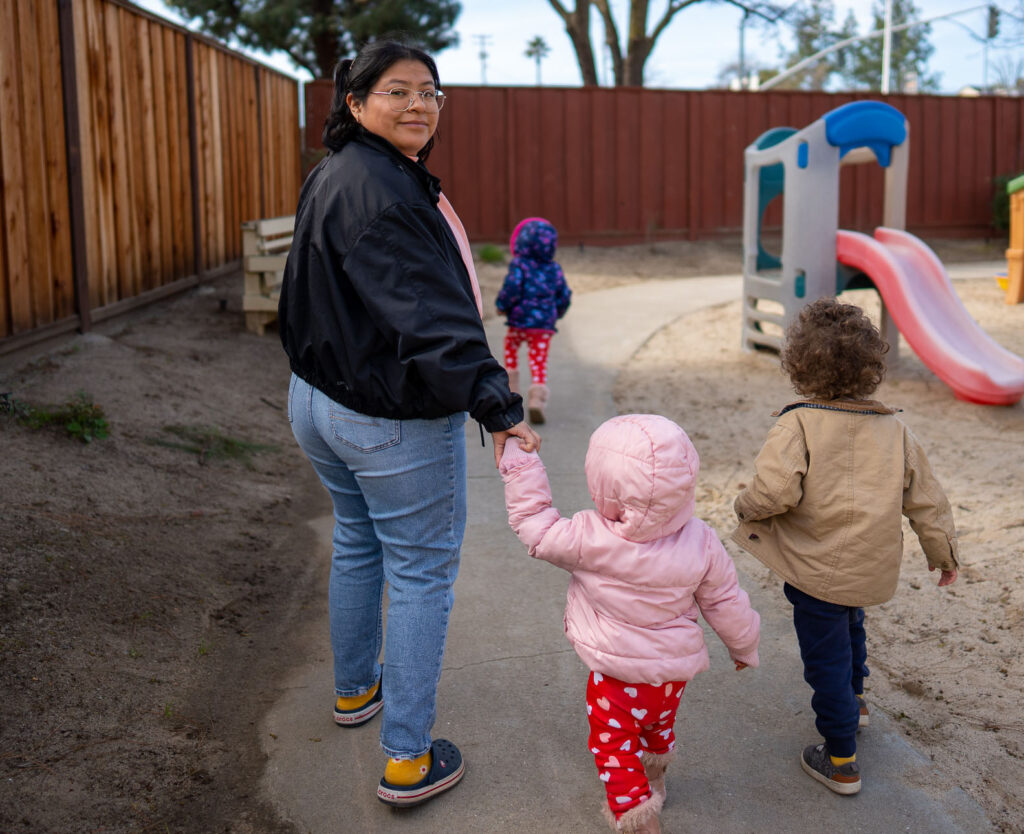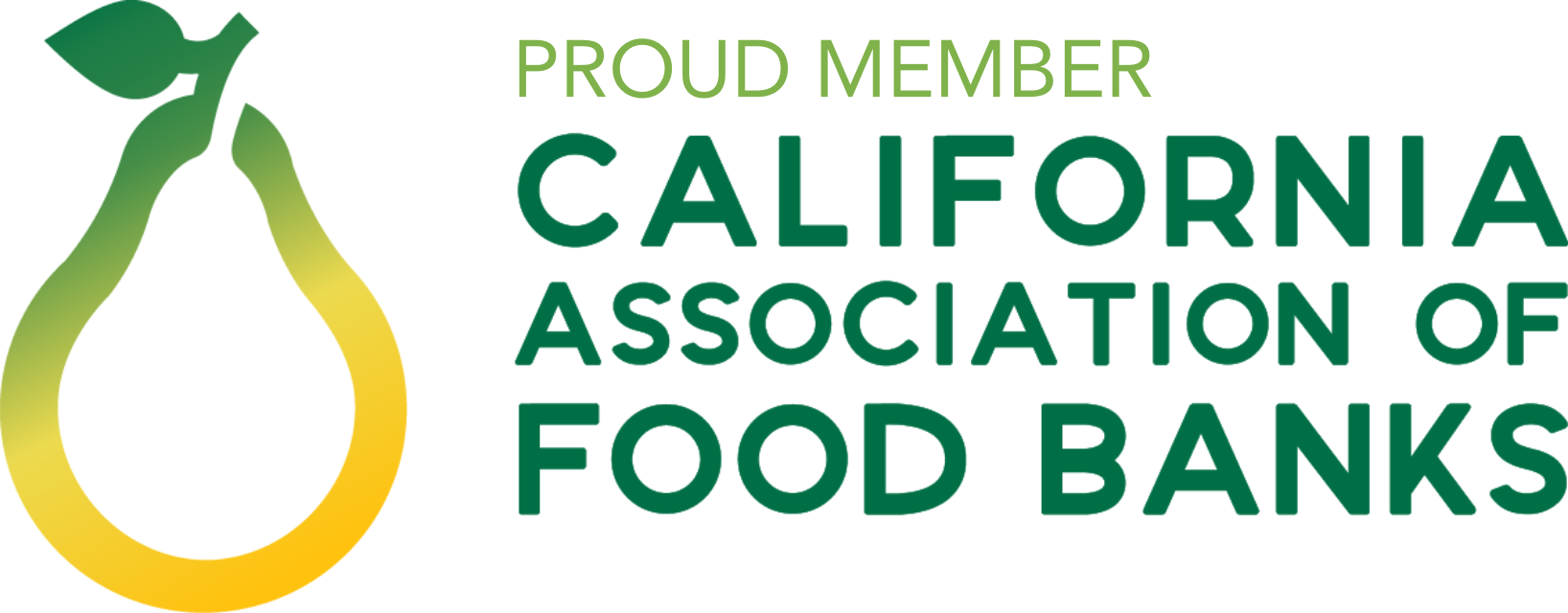For our partners at the Bay Area Crisis Nursery, one of the most important items the Food Bank is helping to supply isn’t something edible.
“If we put out that ‘hey, we need diapers’ people at the Food Bank have been really great about catching that and saying ‘we can help you,’” says program manager Gina McGlasson.
Along with shelf stable foods, PPE, and occasional household goods, the Food Bank also receives generous donations of diapers from the community, retailers and partner organizations like Help a Mother Out that we then redistribute.
With demand for diapers skyrocketing over the past three years, these donations have made a big difference for the nursery. Last year it gave out more than 60,000 diapers to parents – who don’t have to be using its child care services to access free diapers, wipes, formula and kids’ clothing.
The nursery is located in Concord, but doesn’t restrict its services to Contra Costa County. With parents coming from Oakley, Brentwood and as far away as Monterery, executive director Tara Bartholomew-Legaspi said the partnership helps ensure the nursery can give parents enough diapers to truly make a difference.
“If you’re driving here and you’re spending gas – and many of our parents don’t have reliable transportation, they’re driving something that could break at any moment – we want them to have enough for the month,” she says.
By working with the Food Bank as one of our 260-plus partner agencies, the nursery can also access fresh and shelf-stable food for its child care program, and to distribute to families in need.
It’s part of the organization’s overall philosophy: Do as much as possible to support parents, keep families together and help set the children in their care up to have better life outcomes long after they leave the nursery behind.
There for parents day or night
Children aged 0 to five can come to the nursery for a wide variety of reasons – and their length of stay can vary just as much.
For parents who need intermittent or emergency child care during the day, the nursery can provide up to 30 days of free daytime care in a six-month period (time limits are due to licensing requirements). McGlasson said the service, which is newer to the nursery, has been a huge hit with parents at a time when many people are working gig-economy jobs with shifting schedules, and regular child care costs are through the roof.
It also offers two kinds of overnight care, where children stay at the nursery round-the-clock.
Crisis care, which can last up to 30 days, is an option for parents who are unhoused, facing domestic violence, needing medical or rehabilitation treatment or serving a small jail sentence. “Whatever their reason is, they bring their child here because they know their child is safe while they are wherever they have to be,” McGlasson says.
There’s also respite care, where children can stay for up to three nights if parents need a shorter window of time to take care of themselves.
“It could be just grocery shopping and cleaning the house – or sitting down and stressing about the bills without the child there,” says Bartholomew-Legaspi. For parents who are often struggling with limited means and few or no other childcare options, respite care can be a rare source of stress relief.
That relief – along with basic resources like those diapers and wipes – can play a huge role in helping parents care for their kids and keep their families together, Bartholomew-Legaspi explains.
“A lot of our families, they’re just living in poverty. Neglect happens when you have the means to take care of your child but you choose not to. If you don’t have money to buy clean diapers that’s not necessarily child abuse because there’s no intent there,” she says. “If you alleviate the stressors of poverty, you alleviate the chances of child abuse.”




